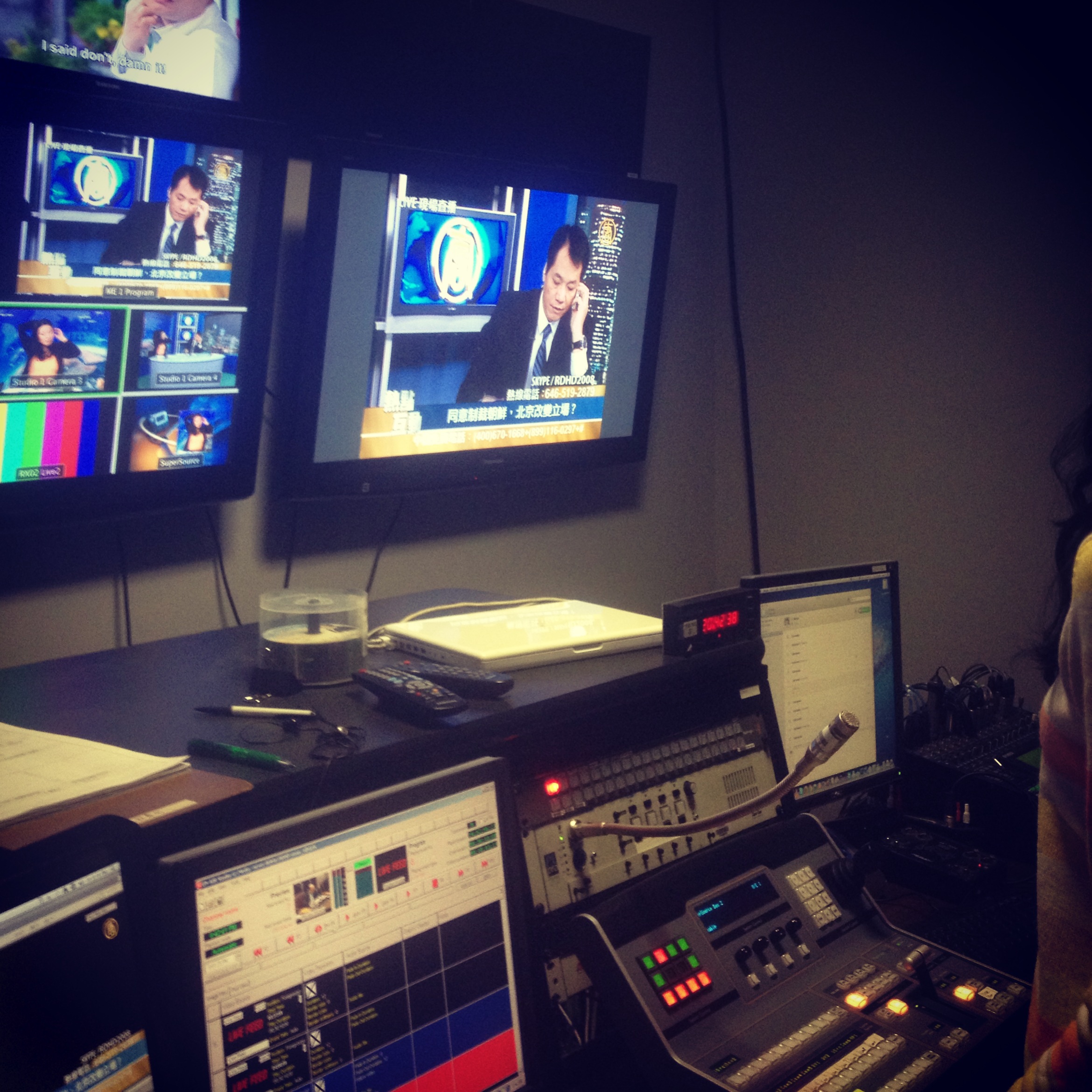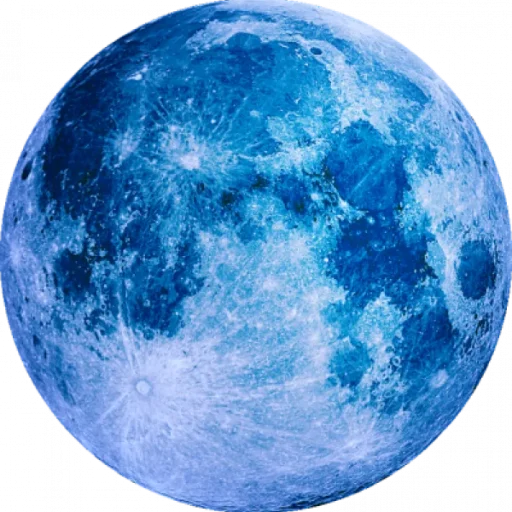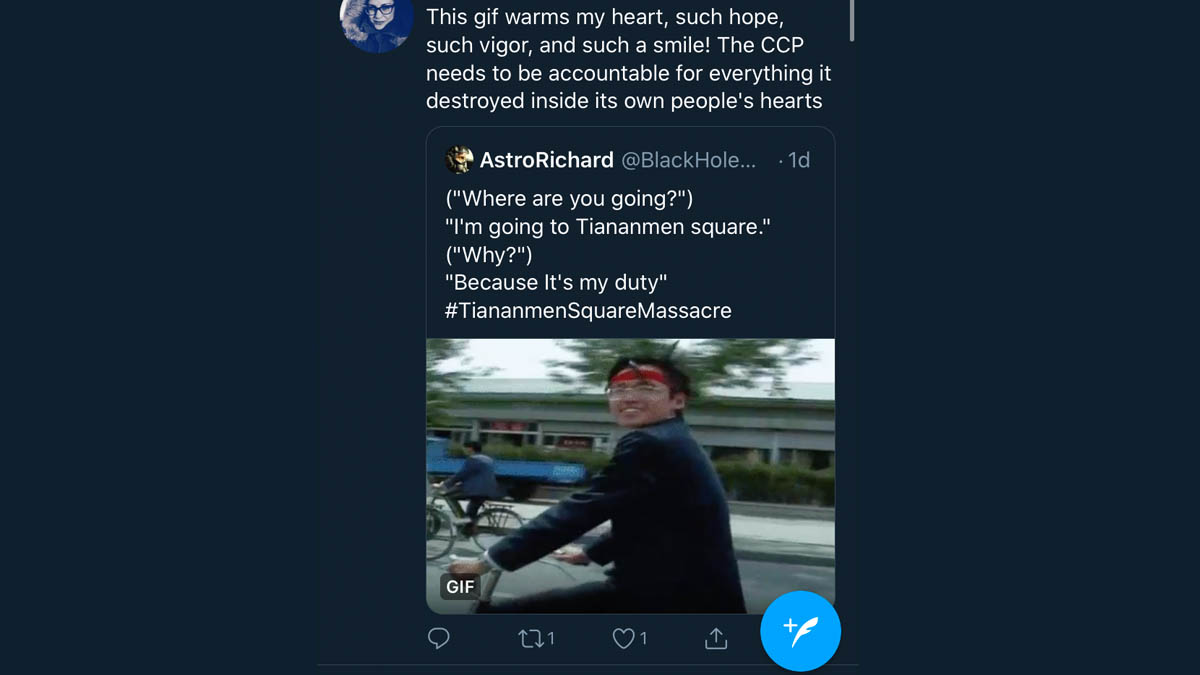This week has left so many of us speechless. It has been devastating for Americans, and a truly sad time for the United States. This post isn’t going to focus on what happened on January 6th, 2021 at this time because there is still so much I am not 100% sure about and I prefer to refrain from speculating or drawing conclusions. I still wanted to acknowledge the context of when this post is published.
There is something I would like to mention as someone who has been advocating for Human Rights for more than a decade, especially Human Rights in China.
I have been speaking out about the Human Rights violations happening in China under the communist regime since circa 2005. One of the first things I remember doing aside from peaceful protests and rallies I attended in Paris, London, Hamburg, Berlin, New York City, San Francisco, Philadelphia, Washington D.C., is write about the influence of the CCP in Africa. (I looked into it in 2008)
Throughout the years, I volunteered to raise awareness, and have done that with the same passion for years. More recently I supported Hong Kong protests, also known as the Anti-Extradition Law Amendment Bill Movement. During that time I noticed that my engagement on twitter dropped dramatically. Which led me to pin the following tweet in October 2019:

I created my twitter account in 2009 in order to share my thoughts and what I learned from other advocates and survivors. I also wanted to connect with interesting people with different opinions. At times people disagreed with me yet we could find common grounds. It’s understandable that we would sometimes disagree, as we all have different values and different points of views on life as we all had different upbringings and life experiences. I do welcome different points of view. I also accept the fact that I have blind spots and that I might have to challenge my assumptions and opinions. I try to look at issues objectively but it’s not our mode by default. Isn’t it critical thinking? Also I remember the words of Plato: “I know that I know nothing”.
When clashes happen it’s rare for me to come to the point of blocking someone on a social network. I did block a mentally ill person once or twice, maybe a couple stalkers or people from the past who actually blocked me first (I bet they’re reading this... and are welcome to). In the context of Trump being banned from Twitter and Facebook, I am reflecting on blocking voices and speech.
Here’s what I learned from observing people who block others, which belongs to “cancel culture” in my opinion. These are the people who have the most to hide, also they tend to be dishonest. But it’s mostly with themselves that they are actually dishonest and harmful. Facing other opinions challenges their own so much that they can’t even bear it. This happens often when we are incapable of self-reflection. When we lack courage and backbone. When our foundation is shallow despite “feeling” self righteous vs. being someone good demonstrated by actions.
I don’t know about but but when I get up in the morning and I look at myself in the mirror I tell myself “Yes, I have flaws but I choose to see the good in myself and others.” I want my actions to match what’s good despite the past. I try hard to see the good in others, especially people that irritate me. I know they are words but trying hard to constantly adjust and break our auto-pilote mode is hard.
Blocking, removing, deleting others isn’t going to push our problems aways. Facing them takes courage. I wish you to have that courage when you face these critical moments in life. They often come when you expect them the least, yet when that critical moment will arise, you will know that you can choose between two paths.
In today’s context, I thought to share about the resources that helped me make sense of censorship in general. This subject brings me back to China and Marxism.
I would like to share the books I read that helped me make sense of China and how its influence has now reached our US shores for good.
Reading books about China that help understand the nature of its global influence.
“A China More Just” by Gao Zhisheng
He has been described as the bravest lawyer in China by Amnesty International and was nominated for the Nobel Peace Prize twice. I also recommend you watch the documentary about his story here: “Transcending Fear: The Story of Gao Zhisheng” (I humbly contributed as a web producer)
“Stealth War: How China Took Over While America’s Elite Slept” by Robert Spalding
I highly recommend watching this interview on Patrick Bet-David’s channel Valuetainment. General Spalding has been very active on Twitter and Instagram. He is warning us, and his words are backed by experienced and in my opinion they should be heard and taken seriously. He is a retired United States Air Force brigadier general, fluent in Chinese.
This one is focusing on the Hong Kong issue, it dates back to 2019:
“My Two Chinas” by Tang Baiqiao
He is a Chinese political dissident now residing in the United States.
He described Chinese life under totalitarian Marxism. He recounts what happened to him as a student leader during the pro-democracy movement in 1989.
I got the chance to meet him a couple times when he lived in New York and was coming to the NTD Studios for commentaries. After I finished his book I remember tweeting to him and then meeting him in the studio to say hello and to share my appreciation and support after reading his book.

“The Slaughter” by Ethan Gutmann
Ethan is an investigating journalist who collected extensive records of live organ harvesting of more than 100 witnesses. He was also a Nobel Prize Nominee. I recommend his book and also his website.
I recommend reading a couple books I listed above. They helped me understand that the CCP is the biggest thread to the free world. I would love to hear more from you about this topic.


Leave a Reply